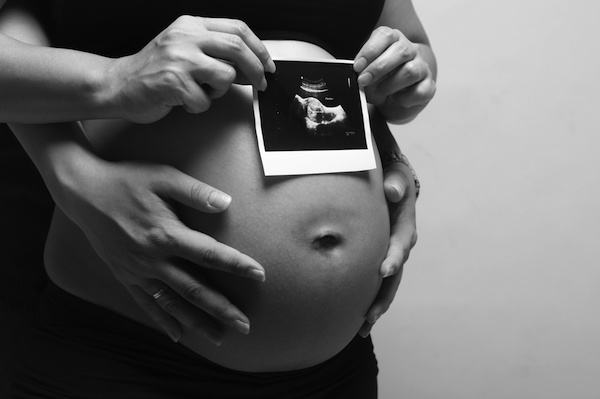THURSDAY, April 4 (HealthDay News) — Many more American women are living with their partners rather than tying the knot, a new government survey finds.
And they live together longer than couples in the recent past, and many more get pregnant before marriage, according to the survey released Thursday by the National Center for Health Statistics, which is part of the U.S. Centers for Disease Control and Prevention.
Nearly half of women aged 15 to 44 years old “cohabited” outside of marriage between 2006 and 2010, compared with 43 percent in 2002 and 34 percent in 1995. The report is based on in-person interviews with more than 12,000 women in that age group.
One reason more people are living together is a well-documented delay in the age at which people are marrying, said study lead author Casey Copen, a demographer with the National Center for Health Statistics.
“Cohabiting couples may be waiting for improved financial stability before they make a decision to marry and, in the process, become pregnant and have a baby,” she said. “As you cohabit longer, there’s more of a chance to become pregnant.”
Many of these arrangements occur at a young age, with one-quarter of women cohabiting by age 20 and three-quarters saying they had lived with a partner by age 30.
During the first year of living together, nearly 20 percent became pregnant and went on to give birth, according to the report.
Along with this trend, fewer women reported getting married in the period from 2006 to 2010 than in either 2002 or 1995 (23 percent, 30 percent and 39 percent, respectively). Of those who became pregnant the first year, 19 percent got married within six months of the pregnancy, versus 32 percent in 1995.
Education and income play a role in how long women cohabit and whether they get pregnant or marry, Copen said.
“Those who have less than a high school degree are cohabiting for longer periods of time,” Copen said. “Women who have a bachelor’s degree or higher are more likely to move into marriage.”
Less educated women were also more likely to become pregnant while they were living with their partner.
The rate of cohabitation increased in all racial and ethnic groups except for Asian women.
Here are some highlights of the report:
- For the period between 2006 and 2010, 23 percent of recent births happened while the couple was living together, up from 14 percent in 2002.
- The length of time couples lived together averaged 22 months in 2006 to 2010, compared with 13 months in 1995.
- About 40 percent of people living together got married within the first three years, while 32 percent continued to live together and 27 percent broke up.
- More white women (44 percent) and foreign-born Hispanic women (42 percent) married their partners within the first three years of living together compared with only 31 percent each for black women and Hispanic women born in the United States.
- Women who had not finished high school were more likely to live with someone (70 percent) than women who had finished college or beyond (47 percent).
- Women with more education were more likely to marry than those with less education, 53 percent within three years versus 30 percent.
It’s not clear what effect these trends may have on the health of families, women and children. Previous research has shown that people who are living together — married or not — tend to be healthier both physically and mentally, Copen said.
Children tend to be happier and healthier the more stable their parents’ union is, regardless of whether the “union” has been formalized or not, she added.
This study did not look at how long couples stayed together beyond three years.
More information
The Nemours Foundation has tips for a healthy relationship.

